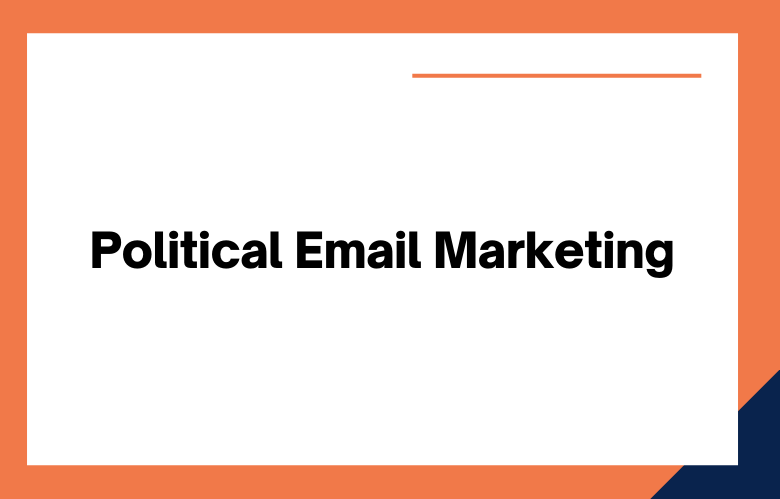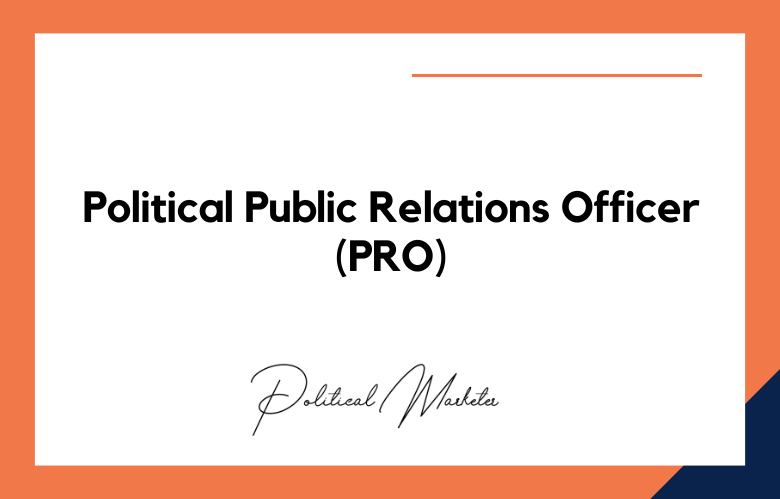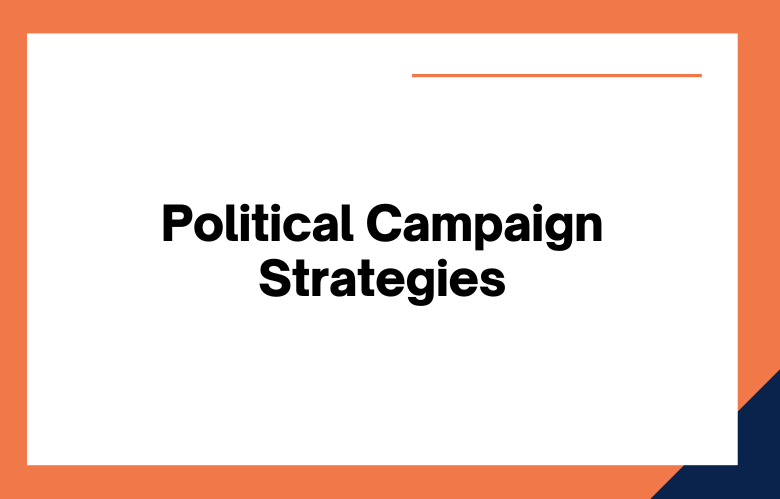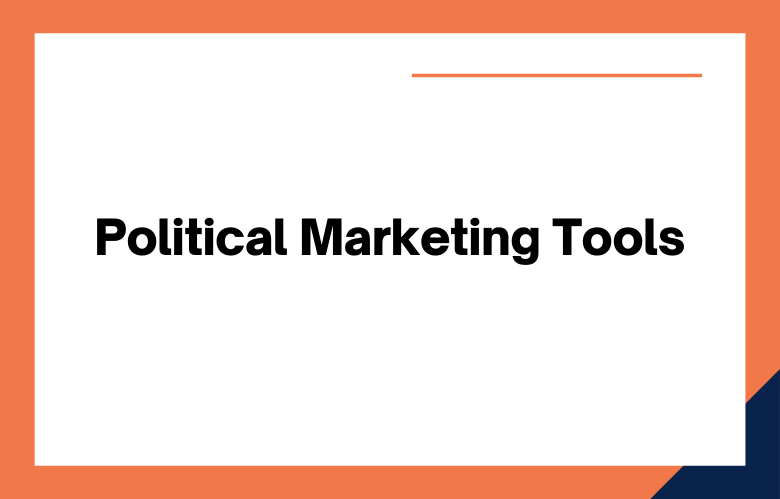Political Email Marketing: How to Use Voice-of-Voter Data to Your Advantage
Political email marketing can be a powerful way to connect with constituents and get your message out there. But it’s essential to use the correct data to guide your efforts.
We’ll explore how voice-of-voter data can help you target your political email marketing campaigns and achieve better results. Stay tuned for more tips on making the most of political email marketing!
Political campaigns are always looking for an edge over their opponents. In the noisy world of politics, any advantage can make a difference. One way to gain that advantage is better using political email marketing. This post will define how to use voice-of-voter data in political email marketing.
What is a Political Email Marketing?
Political email marketing is a tool that allows political campaigns to connect with potential voters. By building a database of email addresses, campaigns can send targeted messages to individuals to persuade them to vote.
Email marketing has become an increasingly important part of political campaigns as it provides a direct way to reach and engage with potential voters. However, to be successful, movements must ensure that their messages are targeted and relevant to their audience.
To answer this question, initially, we need to understand what political email marketing is. Email marketing is a method of direct marketing that uses electronic mail to communicate between a sender and a recipient. Email marketing allows businesses to communicate with customers or potential customers to promote their products or services.
So, what is political email marketing? Political email marketing is a type of email marketing used to promote or support a political campaign or candidate. This type of email marketing can raise awareness about an election, get people to donate to a campaign, or even drum up support for a particular candidate.
How to Use Voice-of-Voter Data to Your Advantage for Political Campaigns
Today, political campaigns rely heavily on data to better assess the electorate and craft their message. This data can be instrumental in helping to identify potential voters and understand what issues are important to them. However, collecting this data can be expensive and time-consuming.
One way to collect data without spending much money is to use “voice of the voter” data. This data type is collected by interviewing people about their opinions on various issues. This can be a great way to understand people’s thinking without spending much on polling or focus groups.
Voice-of-voter data can be a powerful tool for political campaigns. By understanding what voters care about and how they feel about the issues, campaigns can tailor their message and strategy to Appeal to voters. Voice-of-voter data can help movements decide where to allocate resources, what news to emphasize, and which voters to target.
Voice-of-voter data is a powerful tool for political campaigns. Here’s how to use it to your advantage
- Use it to understand what voters care about.
- Use it to craft targeted messages that resonate with voters.
- Use it to get voters’ attention and motivate them to take action.
Political campaigns are more important than ever to understand the electorate intimately. One fundamental way to achieve this is through the use of voice-of-voter data.
This data can provide invaluable insights into people’s feelings about the issues most matter. It can also help campaigns better target their messages and tailor their strategies to the needs of the voters they seek to persuade.
For campaigns looking to make the most of this critical tool, here are three essential tips:
- Use data to segment your audience and target your message.
- Use data to track changes in public opinion over time.
- Use data to identify.
Voice-of-voter data can be used to help tailor campaign messaging and strategies. By understanding what voters say, drives can more effectively connect with voters and win elections.
As the popularity of publicizing voting data rises among political campaigns, it’s essential to understand how to use this information to your advantage.
Viewing voting data can give you a clear sense of where people stand on various issues.
This information can help you tailor your campaign messaging to resonate with voters and get them on your side.
There’s no right way to use voice-of-voter data, but understanding how it can be helpful is critical to success in today’s political landscape.
How can voice-of-voter data help your political campaign?
Voice-of-voter data can give you an insight into the issues voters care about. By understanding what voters are concerned about, you can tailor your campaign messages to appeal to them.
Voice-of-voter data can also help you identify voters most likely to support your campaign.
Using voice-of-voter data can give you a significant advantage in your political campaign.
Political Email Marketing Best Practices
- Start by thanking your subscribers for their time and interest
- Introduce yourself and your campaign
- Keep your email short and to the point
- Use images and videos to break up the text
- Thank people again for their support at the end of the email
- Establish a clear goal for your email marketing campaign
- Draft a message that is clear and concise
- Personalize your messages whenever possible
- Test different subject lines to see which ones get the best response
- Send emails at regular intervals but not too often
- Share relevant news and articles
- Use a personal tone, even when addressing large groups of people
- Make sure your content is accurate and up-to-date
- Appeal to people’s emotions
- Send out email blasts at different times of day to see which ones get the best response rates.
- Track the results of your email marketing campaigns
- Establish your brand’s voice and tone
- Make it easy for people to unsubscribe from your list
- Use A/B testing to determine what types of content work best
- Explain the issue at hand
- Outline your stance on the issue
- Provide evidence to support your stance
- Ask for donations or volunteers
- Thank people for their time and contributions
- Start with a strong subject line
- Send emails at the right time
- Make sure your email is easy to read
- Stick to a single call to action
- Use A/B testing to improve your results
- Make sure your messages are relevant to your audience
- Leverage social media platforms to promote your email marketing campaigns
- Keep your email marketing content professional
- Use a tone of voice that is respectful and considerate
- Make sure all your emails are proofread for grammar and spelling mistakes
- Tailor your content to the interests of your subscribers
- Incentivize subscribers to forward your emails to their friends and family members
- Establish your brand
- Identify your target audience
- Craft a message that resonates with your audience
- Test different email marketing strategies.
Conclusion
The goal of any political email marketer should be to send the right message, to the right people, at the right time.
And with access to voter data and VoV analysis, it’s easier than ever to do just that.
Contact us for more information on how our Political Email Marketing Consulting can help you win your next election!
Political Email Marketing: How to Use Voice-of-Voter Data to Your Advantage – FAQs
What Is Political Email Marketing?
Political email marketing involves sending targeted, personalized emails to supporters, volunteers, or potential voters to raise awareness, drive engagement, or solicit donations.
Why Is Email Marketing Important for Political Campaigns?
It offers direct access to voters’ inboxes, enabling consistent communication, fundraising, mobilization, and message control with measurable results.
How Can Political Campaigns Build an Email List?
Campaigns build lists through website signups, petitions, event registrations, social media promotions, and voter registration drives.
What Types of Emails Should Political Campaigns Send?
Campaigns can send newsletters, fundraising appeals, volunteer recruitment emails, policy updates, event invitations, and voter reminders.
How Can Segmentation Improve Political Email Campaigns?
Segmentation allows campaigns to tailor content based on interests, location, behavior, or donation history, leading to higher engagement and conversion.
What Is the Ideal Frequency for Political Emails?
Frequency depends on the campaign phase, but regular updates without overwhelming the audience help maintain engagement and trust.
How Important Is Subject Line Optimization in Political Emails?
Subject lines determine open rates. Using urgency, personalization, and relevance increases the chance of engagement.
Can Personalization Improve Political Email Performance?
Yes, including the recipient’s name, location, or donation history in the content improves response rates and makes messages feel more authentic.
What Metrics Should Be Tracked in Political Email Campaigns?
Open rates, click-through rates, unsubscribe rates, bounce rates, conversion rates, and donation totals are key performance indicators.
How Can A/B Testing Improve Political Email Campaigns?
Testing different subject lines, sender names, CTA placements, and formats helps optimize content for better engagement.
What Is a Call to Action in a Political Email?
A call to action (CTA) is a prompt that encourages recipients to take specific actions such as donating, volunteering, RSVPing, or sharing.
Should Political Emails Be Mobile-Optimized?
Absolutely. Most users check email on mobile devices, so responsive design and short, readable content are essential.
Can Email Automation Help Political Campaigns?
Yes, automation allows drip campaigns, welcome sequences, and reminder emails to be sent at optimal times with minimal manual effort.
How Can Political Emails Be Made More Accessible?
Using plain language, descriptive alt text, high-contrast design, and avoiding image-only emails improves accessibility for all users.
What Tools Are Commonly Used for Political Email Marketing?
Tools include Mailchimp, Constant Contact, NationBuilder, Action Network, and Campaign Monitor, which support compliance and targeting.
Is Compliance with Email Laws Important in Political Campaigns?
Yes, political emails must comply with spam regulations, include opt-out links, and follow country-specific campaign laws.
Can Email Campaigns Increase Voter Turnout?
Yes, reminder emails with voting dates, locations, and calls to participate can influence voter turnout and engagement.
What Role Does Storytelling Play in Political Emails?
Sharing personal stories, testimonials, and candidate journeys makes emails emotionally resonant and memorable.
How Do You Avoid Email Fatigue During Long Campaigns?
By varying content types, respecting frequency, and continuously providing value, campaigns can reduce unsubscribes and fatigue.
What Are the Best Practices for Writing Political Email Content?
Best practices include writing clear CTAs, using active language, personalizing messages, testing often, and aligning with campaign goals.
One way to get in touch is by filling out our online form on this site or give us a call at
+91 9848321284. Let’s work together today!










